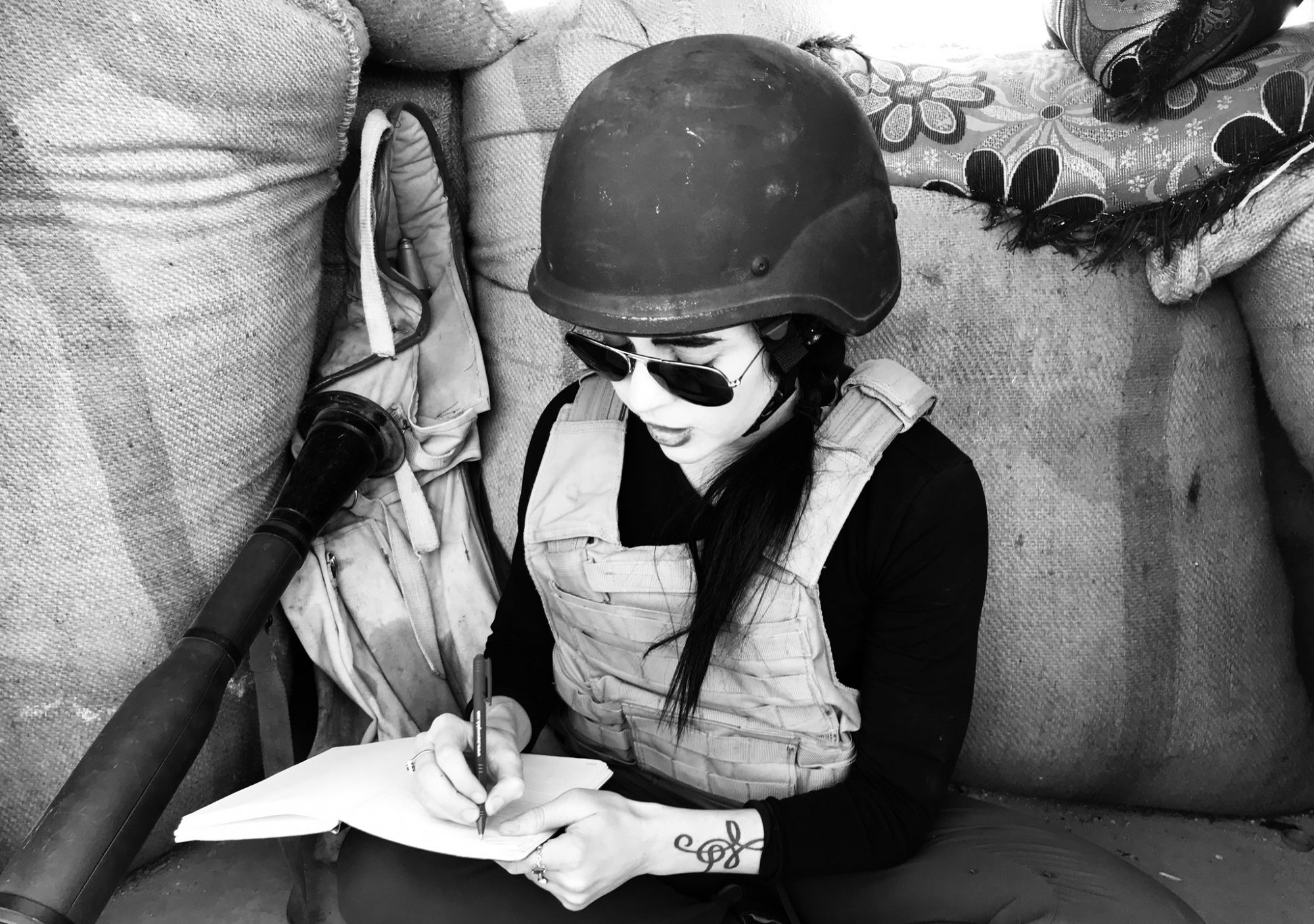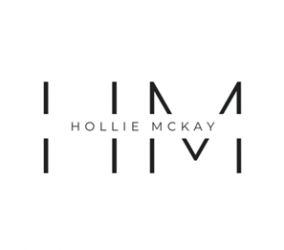Foreword by Jocko Willink
War reveals the complex and often contradictory face of human nature. On one end of the spectrum, people make incredible sacrifices to care for others. They protect, they defend, and they nurture those who cannot take care of themselves. Some heroic people will do anything to safeguard their families and their friends; sometimes people even make valiant sacrifices for those they don’t actually know at all. War can unveil these beautiful and moving sacrifices.
But war also exposes the most vile and despicable of behaviors. Torture. Rape. Murder. Genocide. The ability for human beings to commit abhorrent atrocities with wanton disregard for morality is sadly displayed over and over again. Evil does exist. It is critical that, as human beings, we never forget our nature—and our potential—for both good and evil. We must remember that we are capable of glorious and benevolent actions—acts that will bring light, love and laughter into the world.
We must also remember that, as human beings, we are capable of demonic and reprehensible behavior that propel the world toward darkness. We must remember. Only Cry for the Living serves a share of our memory—and thereby, our conscience. This book, written by the incredibly courageous Hollie McKay, takes us deep into the psyche of war. She achieves this not only by simply reporting on what happens during war, but also by interviewing and conversing with those who directly participated in or were personally impacted by war.
Hollie has spent extensive time on the ground in the Middle East, including Afghanistan, Syria, Pakistan, and Iraq––where she witnessed first-hand the fight of Kurdish, Syrian, Iraqi, and American forces against the sadistic rise of ISIS, also known as ISIL or Da’esh. Through her detailed and intense writing, Hollie brings us onto the battlefield with her. We can feel the impact of explosions. We can hear sniper rounds being fired. We can see the rubbled buildings and war-torn streets.
We can smell blood, fire and death. She lets us listen in on her conversations. We talk with ISIS sympathizers who murdered on behalf of their twisted caliphate. Hollie introduces us to the vile miscreants that traveled from first-world countries to fight for this wretched nightmare of a state controlled by Islamic extremists. Hollie allows us to see the difference between those who willing volunteer as ISIS fighters and people–– such as a fourteen-year-old child soldier––indoctrinated and brainwashed into doing ISIS’s sinister bidding on the battlefield. Through her interviews, we see the face of evil. But Hollie also introduces us to heroes.
We meet the soldiers that take the fight to the enemy, including the “Black Devils,” a name given by the opposition, who ruthlessly hunted down and killed ISIS fighters. Perhaps serving an even worse fate to ISIS are the female Kurdish soldiers who hunt and kill insurgents. Their efforts deliver the insult of an afterlife without paradise for the fanatical enemy fighters, who believe death at the hands of a woman precludes them from that so-called paradise.
Moreover, Hollie brings us into heartfelt discussions with Yadizi women who were captured, tortured, starved, and raped, but who survived and show indomitable strength as they carry on with their lives. These are just some of the examples of the views Hollie delivers in this book—views not only of war, but of human nature. While I do not wish war on anyone, I do wish a better understanding of war for all of us.
That is what Hollie McKay does with this book: she gives us all a better understanding of war and human nature. It is not a comfortable read.
It is not a pleasant read. It is an important read. But don’t just read it. Remember it.
Jocko Willink November 2020

